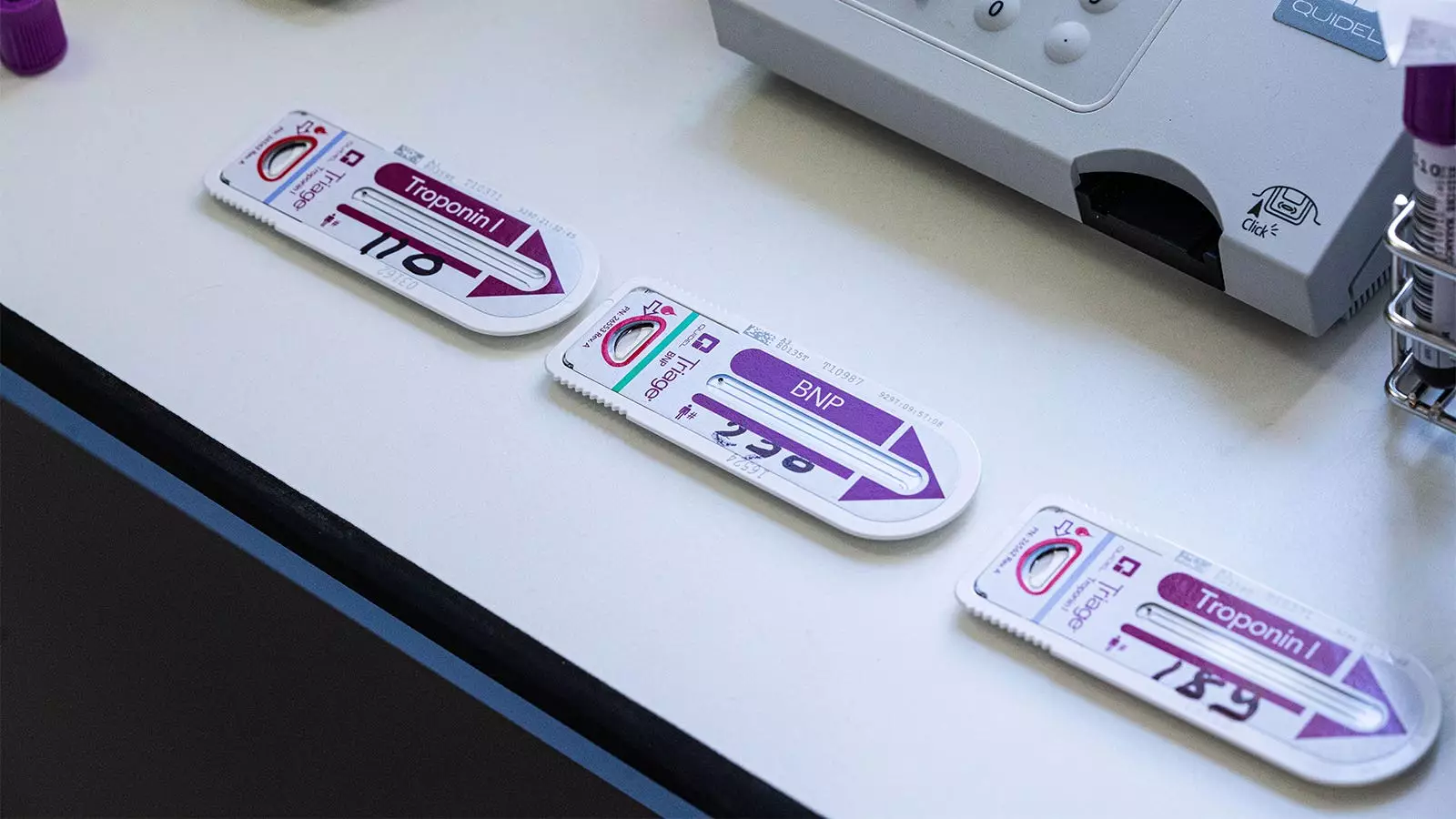In a recent exploratory analysis of the PROTECT cohort study, researchers sought to determine the prognostic value of mild elevations in cardiac troponin levels in patients with hemodynamically stable pulmonary embolism (PE). Specifically, they compared the results of conventional cardiac troponin I (cTnI) tests with high-sensitivity cardiac troponin I (hs-cTnI) tests to evaluate their predictive value for adverse outcomes after PE.
The study found that patients with elevated cTnI levels had a significantly higher risk of experiencing a complicated course of disease, such as hemodynamic collapse, recurrent PE, or all-cause death within 30 days after PE. The odds ratio for these poor outcomes in patients with elevated cTnI was 2.84, with a 95% confidence interval of 1.62-4.98. This finding suggests that cTnI can effectively identify patients at higher risk for adverse events following PE.
Contrary to the results with conventional cTnI, the study found no significant relationship between positive hs-cTnI test results and adverse outcomes. The odds ratio for poor outcomes in patients with positive hs-cTnI tests was 1.12, with a 95% confidence interval of 0.65-1.93. This indicates that hs-cTnI may not be an effective prognostic marker for patients with stable PE.
Interestingly, the study revealed that hs-cTnI classified fewer patients as low risk compared to conventional cTnI. However, none of the patients who had elevated hs-cTnI but normal cTnI experienced a complicated course of disease. This raises concerns about the reliability of hs-cTnI as a risk stratification tool for patients with stable PE. Clinicians may be overestimating the risk in these patients when relying solely on hs-cTnI results.
The European guidelines currently endorse cardiac troponin levels for risk stratification in acute PE. However, they do not specify which type of troponin assay is preferred. The use of hs-cTnI is becoming more prevalent in health systems, but this study highlights the potential disadvantages of relying on it for risk stratification in patients with PE. If confirmed by further studies, the use of hs-cTnI instead of cTnI may result in increased resource utilization and longer hospital stays without any significant improvement in patient safety or outcomes.
The study authors acknowledged the need for further investigation to determine appropriate cutoffs for hs-cTnI tests that would effectively flag adverse PE outcomes. The standard thresholds of hs-cTnI for acute myocardial infarction diagnosis may not be applicable to the acute PE population. Additionally, other tests like NT-proBNP should be explored for their specificity in this context.
Comprehensive Patient Evaluation
The study findings emphasize the importance of interpreting biomarker results, including troponin levels, within the broader context of a comprehensive patient evaluation. Biomarkers alone should be considered with caution and should not be the sole basis for clinical decisions. A thorough assessment of each patient’s individual risk factors, symptoms, and clinical presentation is necessary for accurate risk stratification and appropriate management.
This critical analysis highlights the limitations of hs-cTnI as a prognostic marker for patients with stable PE. While conventional cTnI tests demonstrated a significant association with adverse outcomes, hs-cTnI tests did not exhibit the same predictive value. Relying on hs-cTnI may lead to an overestimation of risk and unnecessary diagnostic tests and treatments, resulting in increased costs and potential complications for patients. Further research is needed to better understand the appropriate use of hs-cTnI in the risk stratification of patients with PE.


Leave a Reply